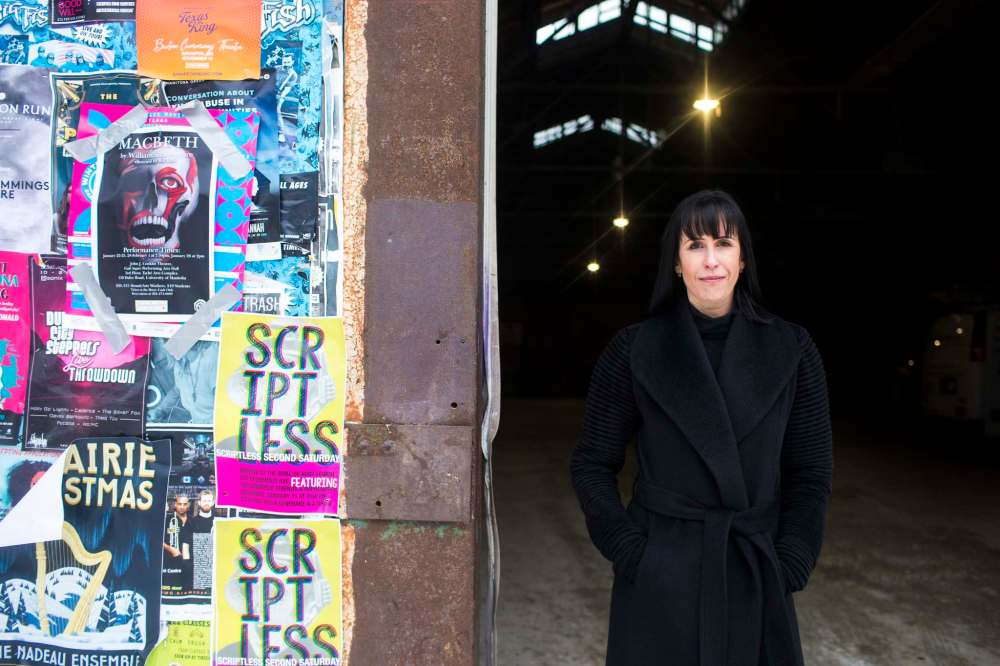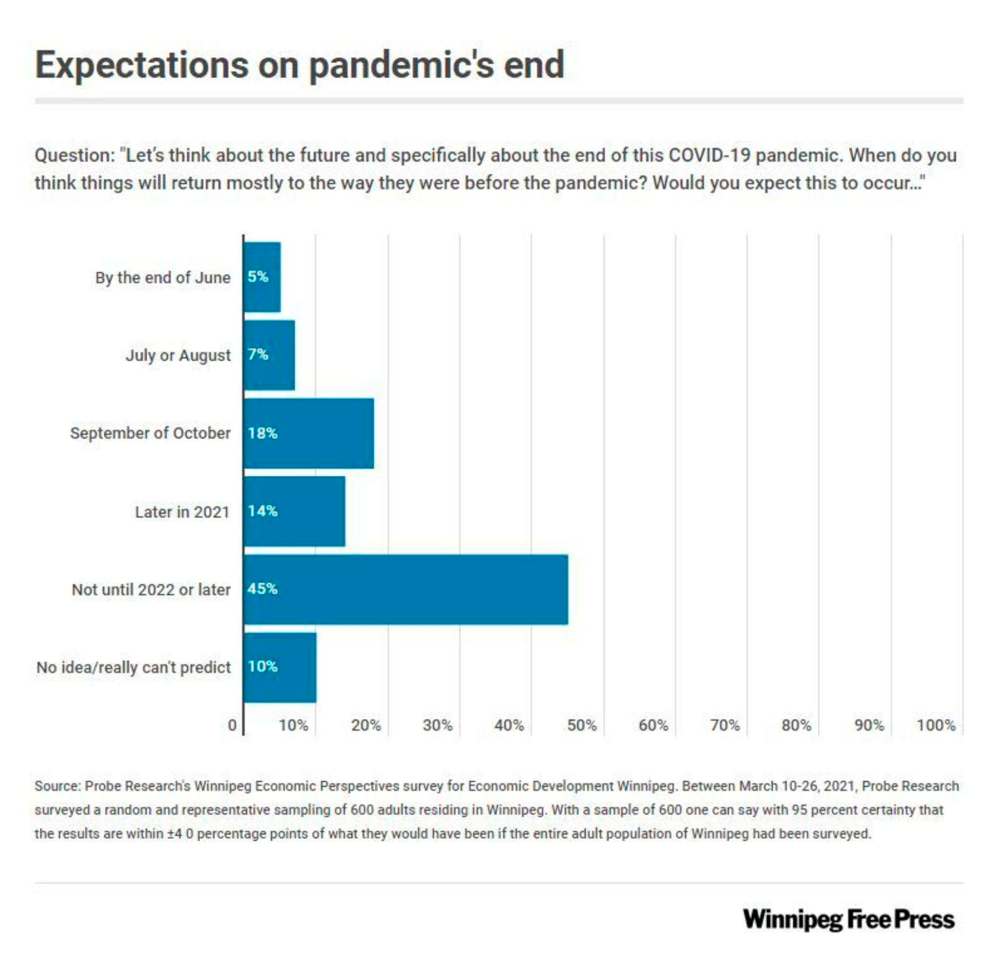Survey shows growing economic optimism
Read this article for free:
or
Already have an account? Log in here »
To continue reading, please subscribe:
Monthly Digital Subscription
$0 for the first 4 weeks*
- Enjoy unlimited reading on winnipegfreepress.com
- Read the E-Edition, our digital replica newspaper
- Access News Break, our award-winning app
- Play interactive puzzles
*No charge for 4 weeks then price increases to the regular rate of $19.00 plus GST every four weeks. Offer available to new and qualified returning subscribers only. Cancel any time.
Monthly Digital Subscription
$4.75/week*
- Enjoy unlimited reading on winnipegfreepress.com
- Read the E-Edition, our digital replica newspaper
- Access News Break, our award-winning app
- Play interactive puzzles
*Billed as $19 plus GST every four weeks. Cancel any time.
To continue reading, please subscribe:
Add Free Press access to your Brandon Sun subscription for only an additional
$1 for the first 4 weeks*
*Your next subscription payment will increase by $1.00 and you will be charged $16.99 plus GST for four weeks. After four weeks, your payment will increase to $23.99 plus GST every four weeks.
Read unlimited articles for free today:
or
Already have an account? Log in here »
Hey there, time traveller!
This article was published 05/04/2021 (1696 days ago), so information in it may no longer be current.
Rollout of the COVID-19 vaccine, slow though it may be, is creating optimism not only for community health and safety, but also because it will allow the economic engine to start getting up to cruising speed.
In the latest edition of the Winnipeg Economic Perspective survey that Probe Research produces for Economic Development Winnipeg, optimism about the economic future of the city was up 12 per cent from December.
That rate of increase in optimism mirrors findings the Conference Board of Canada reported in its own consumer confidence index released at the end of last month. The board’s data shows that nationally that index was up 14 per cent since December.
While Dayna Spiring, the chief executive officer of EDW, thought the increased confidence bodes well for the city, respondents voiced a greater level of concern about the duration of the pandemic’s effects than she believes is healthy.
Asked when things will return to the way they were before the pandemic, 45 per cent said not until 2022 and 10 per cent refused to predict.
“I think people are far more pessimistic than they should be,” she said. “This concerns me. When I see poll numbers that say that 45 per cent of people think things will not get back to normal until 2022 or later, I think, ‘we can’t afford that.’”
One of the reasons for her concern is the fact the U.S. economy is opening much faster in the wake of a more aggressive vaccine program.
“We can’t afford to wait until 2022,” she said. “I think those numbers (the 45 per cent who believe we won’t be back to normal until 2022) are wrong. I think you are going to see something more like normal this summer. The fact that people don’t see that yet tells me we have more work to do.”
Spiring acknowledged certain sectors — like the hotel, restaurant and hospitality industries — are really hurting and that her organization is focusing efforts to develop programs that will encourage people to patronize the local tourism industry.
“What that looks like exactly, we are still working out the details, but that is something we are working on,” she said.

Spring believes there would be benefits to the community at large if there was greater awareness of the elements of the economy that are performing well, like the manufacturing sector.
Not only have many manufacturers continued to keep firing and servicing demand for their products, but others have pivoted to produce personal protective equipment (PPE), something that should be able to be leveraged to the community’s advantage in the future.
“This has been a brutal year… but we have to figure out how to come out and take advantage of the strengths we have built up over time,” she said.
The survey of 600 that was done between March 10 to 26 of this year has a 95 per cent certainty that the results are within plus or minus 4.0 percentage points of what they would have been if the entire adult population of Winnipeg had been surveyed.
It also found that fewer people believe they are worse off now than they were a year ago and fewer people believe they will be worse off a year from now than was the case in December.
As well, more believe they are better off and will be better off a year from now.
In addition, job satisfaction remains the same as it was in the December survey and people are less concerned — 27 per cent in March 2021 compared to 33 per cent in December 2020 — about losing their jobs.
martin.cash@freepress.mb.ca







